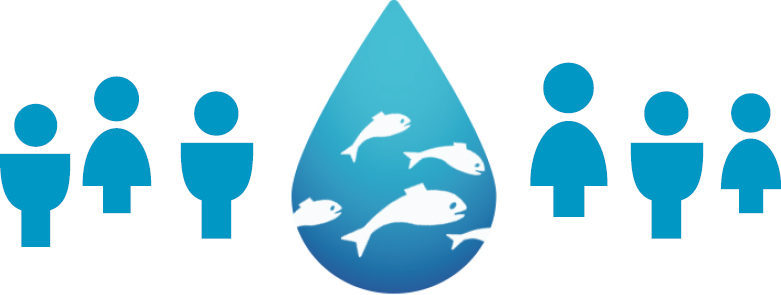50th Anniversary of EAF-Nansen Programme

The Nansen Programme celebrates 50 years in 2025, marking half a century of dedicated partnership between the Food and Agriculture Organization of the United Nations (FAO), Norway, coastal countries, and regional organizations to promote sustainable fisheries management to achieve food and nutrition security.
Launched in 1975, the Programme is one of the longest-running fisheries development initiatives of Norway and FAO, named after the late Norwegian scientist, explorer, and humanitarian Dr. Fridtjof Nansen.
Executed in close collaboration with the Norwegian Institute of Marine Research (IMR), the Programme has worked with 58 countries across Africa, Asia, and South America, assisting them in fisheries research and management, strengthening capacities, and fostering collaboration.
Over the years, there have been six phases of the Programme, each expanding its scope and goals to address emerging challenges and shifting needs in partner countries. The Ecosystem Approach to Fisheries (EAF), which the Programme champions, has been instrumental in shifting fisheries management from a species-specific focus to an approach that considers ecological, human, and socio-economic factors.
The three research vessels, all named Dr. Fridtjof Nansen, that have served the Programme, have been unique, state-of-the-art platforms for conducting surveys and gathering critical data to support partner countries in developing sustainable fisheries policies in line with the EAF.
The Global Action Networks (GAN) Action Plan aligns closely with the Programme’s mission. By fostering science-based policies, partnerships, and knowledge-sharing, the Programme contributes directly to GAN’s goals of sustainable fisheries, biodiversity conservation, and climate resilience, reinforcing its impact on global marine governance.
Celebration on 27 February 2025, Durban, South Africa

